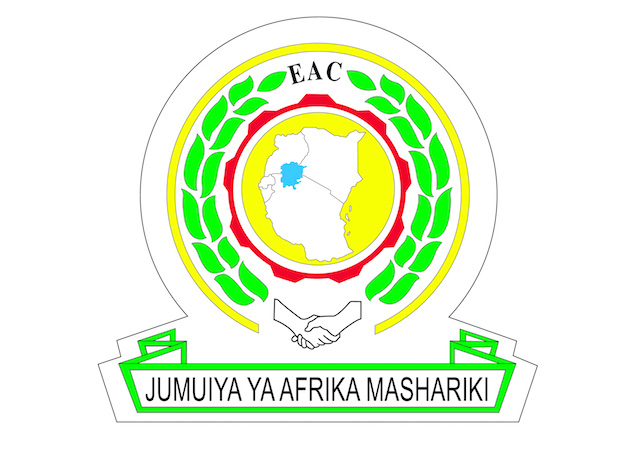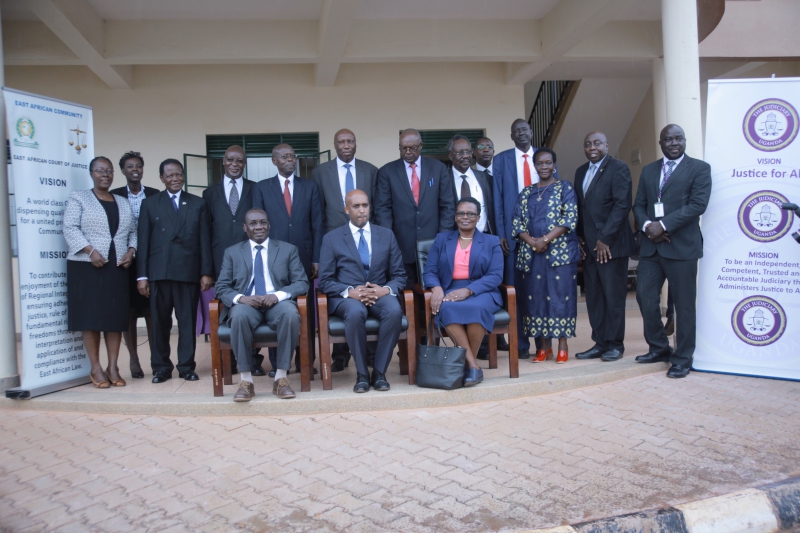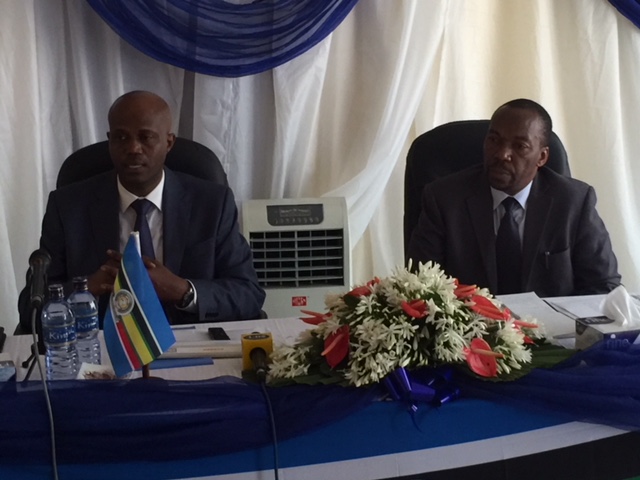
EAC region to benefit from significant increase in French development assistance
East African Community Secretariat, Arusha, Tanzania, 19th June, 2018: The East African Community Partner States are set to benefit from increased development assistance from the French Development Agency (AFD).
Also projected to benefit from French development aid is the EAC Secretariat with the focus being on climate change, clean energy and private sector development and investment promotion.
AFD Chief Executive Officer Remy Rioux disclosed that French development assistance had surpassed the 10 billion euros mark in 2017 and will double in 2020 because of President Emmanuel Macron’s commitment to the country’s development cooperation with the rest of the world.
Mr. Rioux said that AFD’s focus was on sharing French expertise and financing, adding that 50 per cent of the agency’s funding would go to Africa.
He reiterated that French development finance was biased towards mitigating the effects of climate change, adding that France had accumulated many years of experience in financing for the phenomenon.
He singled out the Paris Agreement saying it was a voluntary policy that revolves around priorities identified by benefiting countries and regional economic communities. The Paris Agreement deals with greenhouse gas emissions mitigation, adaptation and finance starting in the year 2020.
Mr. Rioux said that France was searching for more partnerships and projects noting that the bulk of the funding for climate change would go to non-sovereign actors namely the private sector, civil society and local authorities.
He said that the country supports regional integration the world over because of the country’s experience in Europe.
The AFD Chief Executive was speaking at the residence of the French Ambassador in Dar es Salaam during a meeting between the agency and an EAC Secretariat delegation led by the Deputy Secretary General in charge of Planning and Infrastructure, Eng. Steven Mlote.
On his part, the Ambassador of France to Tanzania and the EAC, H.E. Frederic Clavier, expressed concern at the glaring gaps between the skills needs of the private sector and the calibre of graduates churned out by East African universities.
“There are basically no capacity links between the training offered by universities and the needs of companies. There is an urgent need to support vocational training in the region,” said Amb. Clavier.
Amb. Clavier said that solar power should be a development priority everywhere in the world due to its convenience and affordability.
In his remarks, Eng. Mlote said that the EAC had made significant strides in the integration process, adding that the Custom Union and Common Market were already in place with steady progress being made towards the attainment of a single currency by the year 2024.
Eng. Mlote further cited achievements in the transport sector including the harmonisation of axle-load limits, driving standards, road sizes and signs, and cargo clearance and tracking systems.
Noting that one of the reasons for the collapse of the first EAC was lack of stakeholder engagement, Eng. Mlote said that the private sector was now a key player in the EAC integration.
On climate change, Eng. Mlote said that the region faces cross border climate change challenges whose mitigation cannot be undertaken individually by the Partner States.
He said that water levels in Lake Victoria, a major source of water and fishing in the region, had been severely affected by destruction of forest ecosystems from which some of its major tributaries originate.
Eng. Mlote told the French delegation that the EAC already had in place a Climate Change Strategy and Implementation Master Plan all of which were aimed at supporting national initiatives in the Partner States.
The DSG disclosed that the Community had already applied for accreditation to the Green Climate Fund, a fund established within the framework of the UN Framework Convention on Climate Change (UNFCCC).
On clean energy, Eng. Mlote indicated that clean energy sources were a major priority for the Community since 80 per cent of households still depend on charcoal and firewood for cooking.
The DSG informed the French delegation that the EAC Summit had approved French as one of the official languages of the Community and urged France to support the promotion of the language within the region.
In addition to climate change, clean energy, and private sector development, the EAC delegation also proposed to the French for support industrial development and SMEs, tourism and wildlife management, research and policy analysis and ICT.
Among the officials accompanying the AFD CEO was Mr. Bruno Deprince, the Director of AFD's Nairobi Regional Office. On the EAC side were Ms. Beata Mukabaranga, the Principal Resource Mobilization Officer, and Ms. Suma Mwakyusa, the Principal International Relations Officer.
NOTES TO EDITORS:
The French Development Agency (Agence francaise de development, AFD) is a public financial institution that works to fight poverty and promote sustainable development. AFD is active in Africa, Asia, the Middle East, Latin America, the Caribbean and the French overseas territories where it finances and supports projects that improve living conditions for populations, promote economic growth and protect the planet.
AFD has its headquarters in Paris with teams based in Paris, Marseilles and in a network of 72 agencies and representations abroad and in the French overseas territories.
-ENDS-
For more information, please contact:
Mr Owora Richard Othieno
Head, Corporate Communications and Public Affairs Department
EAC Secretariat
Arusha, Tanzania
Tel: +255 784 835021
Email: OOthieno [at] eachq.org
About the East African Community Secretariat:
The East African Community (EAC) is a regional intergovernmental organisation of five Partner States, comprising Burundi, Kenya, Rwanda, Tanzania and Uganda, with its headquarters in Arusha, Tanzania.
The EAC Secretariat is ISO 9001:2008 Certified

